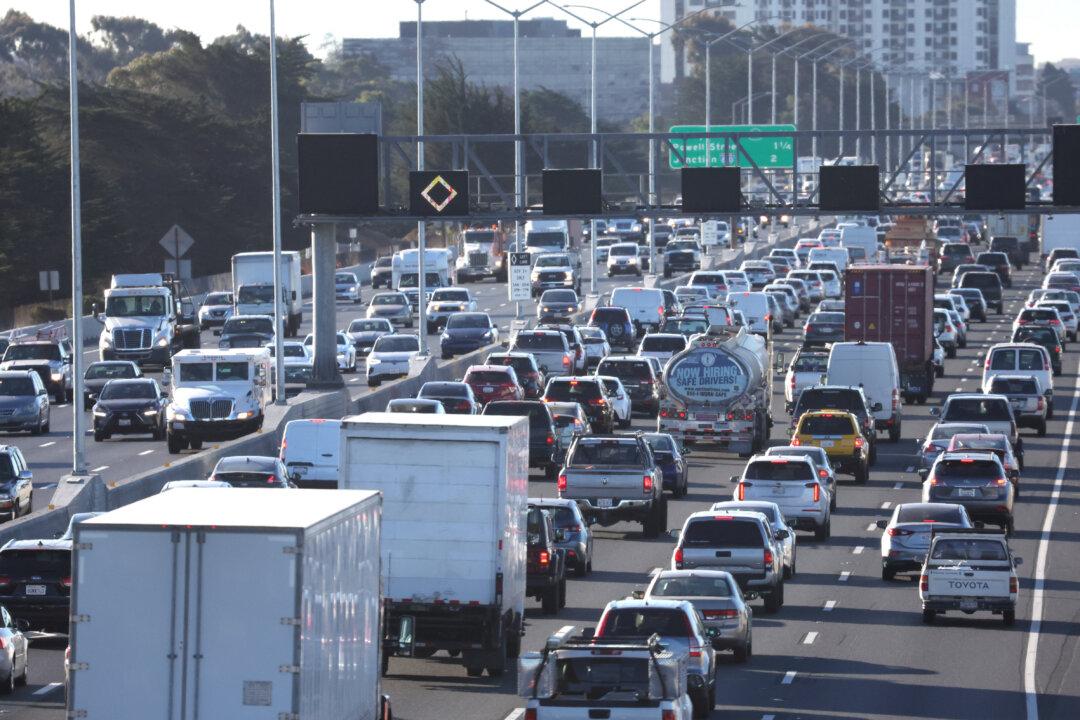A majority of Californians are considering moving to another state, according to a recent survey (pdf) conducted by Strategies 360—a research and communications firm focused on public affairs.
Respondents reported dissatisfaction with the high cost of living as a primary factor in their desire to move elsewhere, with 40 percent saying they are somewhat or very serious about leaving and another 24 percent saying they are thinking about it, but not too seriously.





